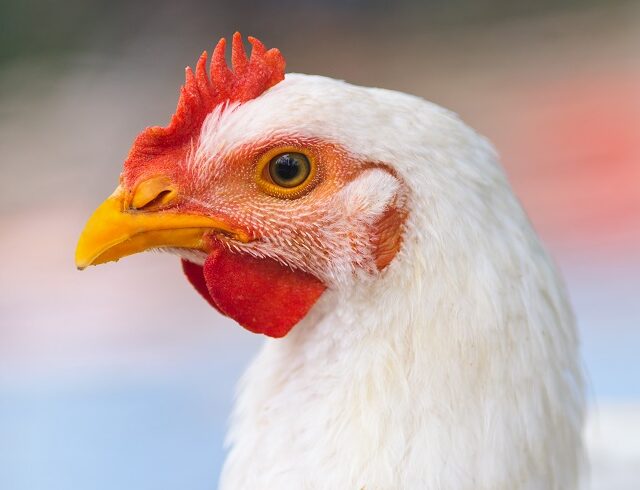A new study led by Queen’s University Belfast has shown contaminated crops on farms could be costing poultry organisations over £150,000 in losses annually.
Published recently in the journal Environmental Impact Assessment Review, the study shows how mycotoxins, a harmful type of chemical, can have a detrimental impact on the environmental and economic sustainability of the global poultry industry due to feed contamination.
Mycotoxins are a group of naturally occurring chemicals produced by certain fungi that frequently contaminate the feed animals consume.
They can substantially reduce profitability and cause food waste, as well as a decrease in food production, resulting in a reduction in poultry feed efficiency by up to 10%, the study said.
In turn, this can lead to losses of more than £150,000 per annum for a medium scale poultry operation. In addition, mycotoxins can affect bird health.
Professor Chris Elliott from the School of Biological Sciences and Institute for Global Food Security at Queen’s University Belfast is the lead investigator of the study. “While the effects of mycotoxins on livestock health have been extensively studied, comprehensive research quantifying their combined economic and environmental impacts remains very limited.
“This study is extremely significant as it addresses an important research gap by evaluating the potential economic and environmental consequences of the rearing of chickens specifically for meat consumption using mycotoxin-contaminated feeds, a widespread issue globally. The findings show that addressing mycotoxin contamination in feed crops such as wheat, maize, and soybean is important for achieving sustainable, low-carbon, and profitable poultry production.”
Queen’s researchers, in collaboration with a multinational team from BOKU University, the Austrian Food Competence Centre FFoQSI and dsm-firmenich Animal Nutrition & Health, show that even very low levels of mycotoxins can increase the carbon footprint of poultry production by more than 8%.


